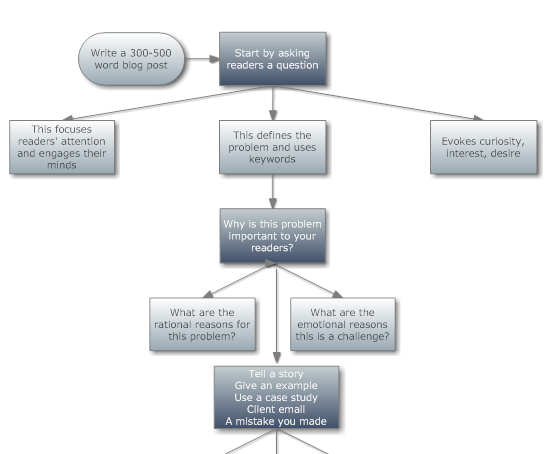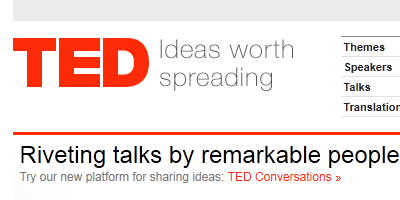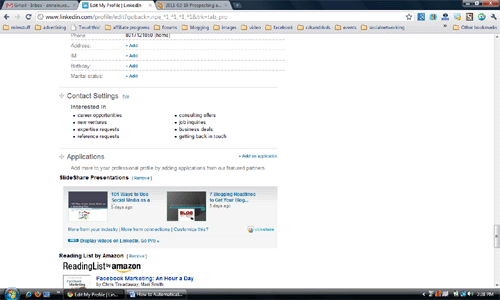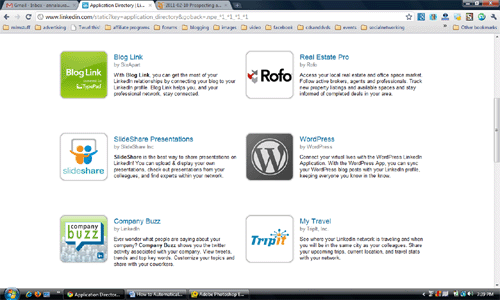![]() Even if you’ve never been on Pinterest, you’ve probably heard of it—this hot social network is drawing attention everywhere, from newspapers and magazines to television and political campaigns. Since beginning just a few years ago, it has become the fastest website in history to hit 10 million visitors a month—buoyed to success by loyal fans who spend hours on the network each day.
Even if you’ve never been on Pinterest, you’ve probably heard of it—this hot social network is drawing attention everywhere, from newspapers and magazines to television and political campaigns. Since beginning just a few years ago, it has become the fastest website in history to hit 10 million visitors a month—buoyed to success by loyal fans who spend hours on the network each day.
So what’s all the fuss about? What is this latest social craze? Why does it matter?
1. Pinterest Is Visual Bookmarking. To put it in a nutshell, Pinterest is a super simple way to visually bookmark what you like on the Web—products you’re interested in buying, recipes you want to try, outfits, craft ideas, articles, infographics, etc.—all through pictures that link back to their original sources. As a new user, you set up boards (like folders) named for categories of your choosing; then, when you see something you want to bookmark, you pin it into its category and have it neatly organized to find again. As you pin, you build stunning, pretty-to-look at boards that hold all your favorite places online.
With an attractive and user-friendly interface, it easily solves a felt need for individuals—how to organize info online. Read More→













